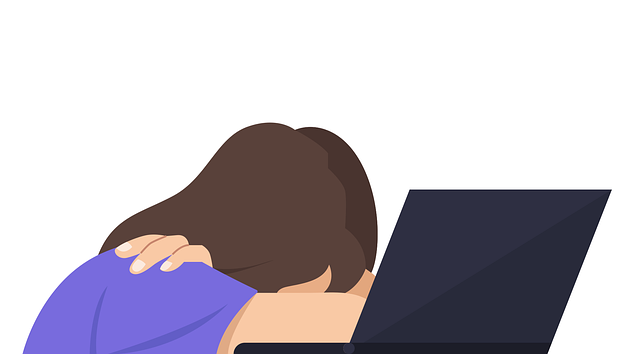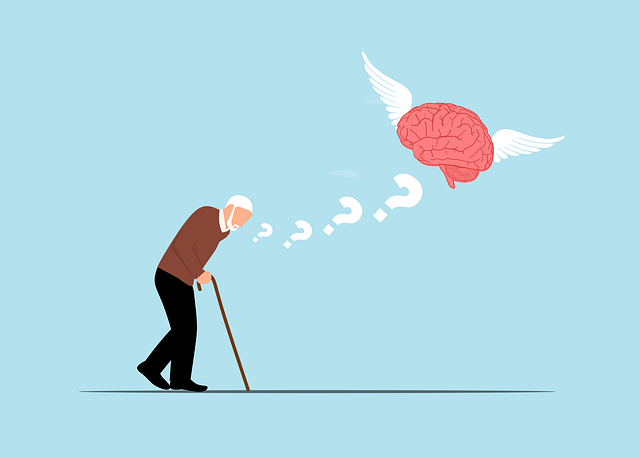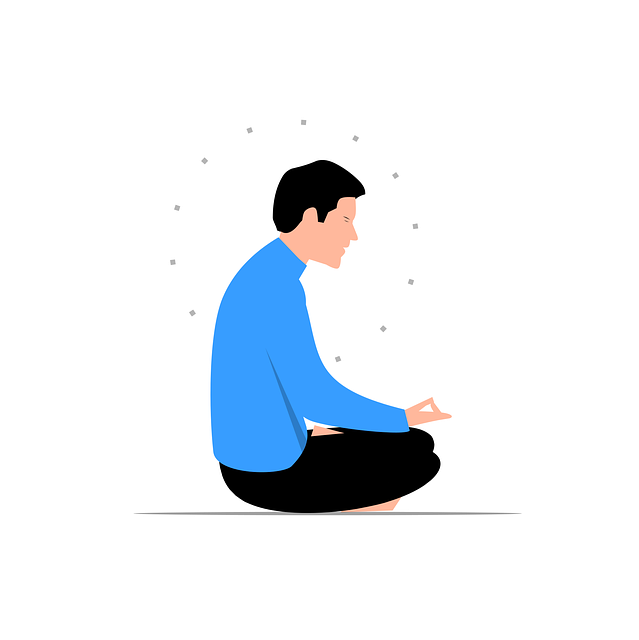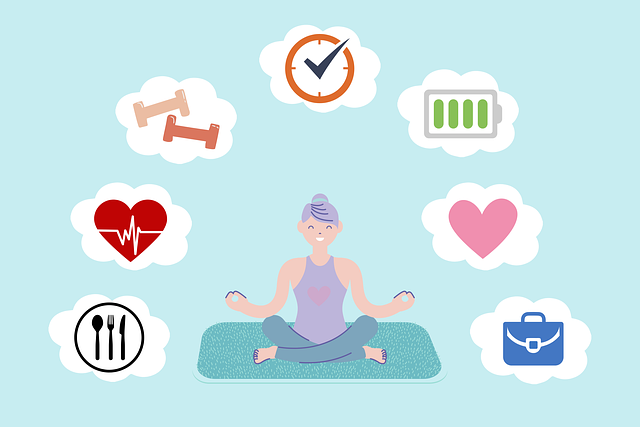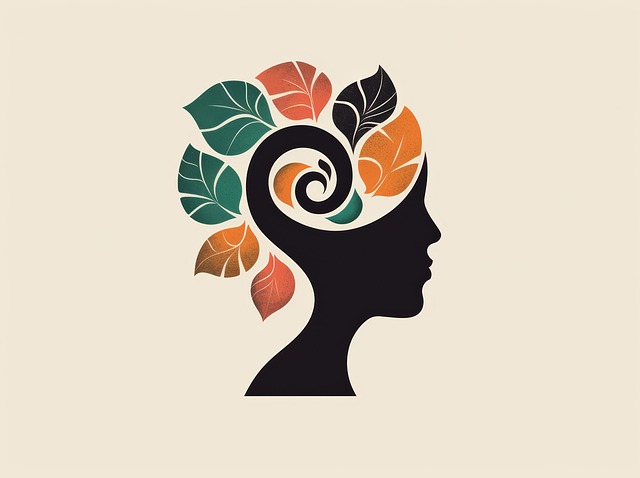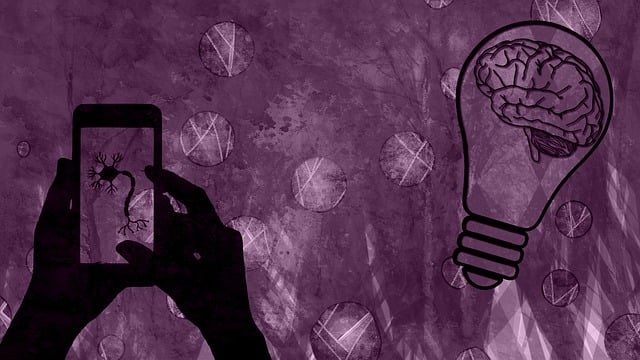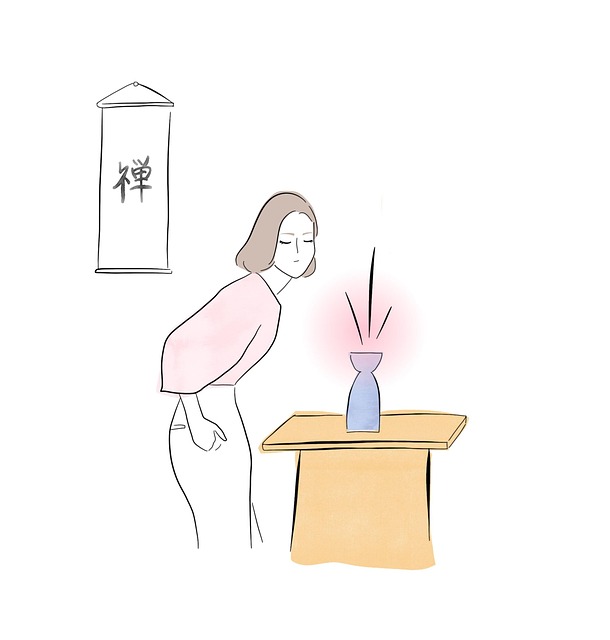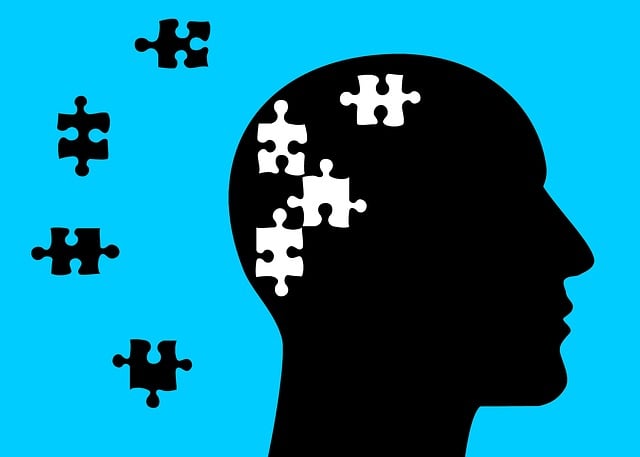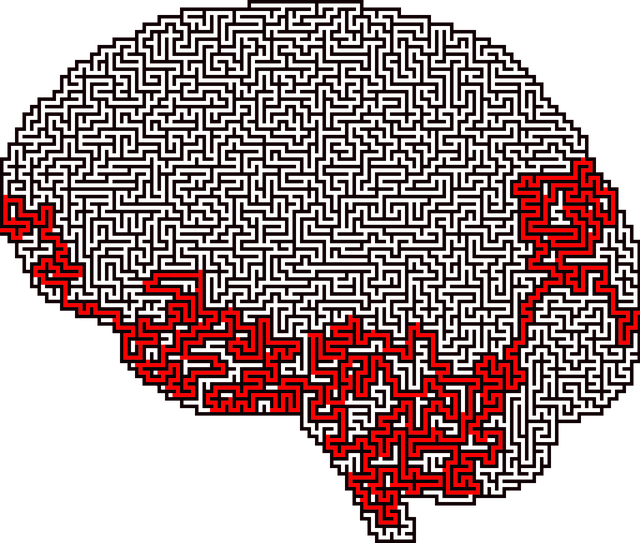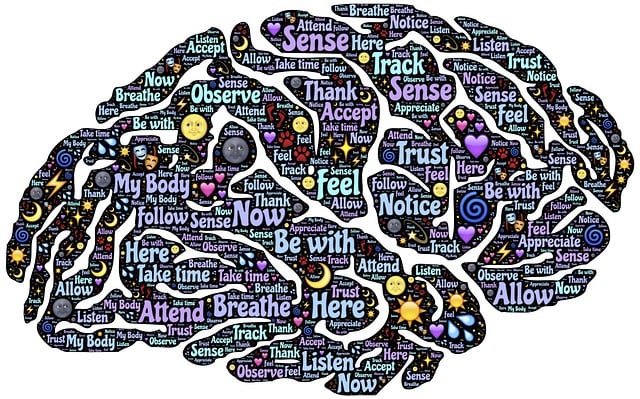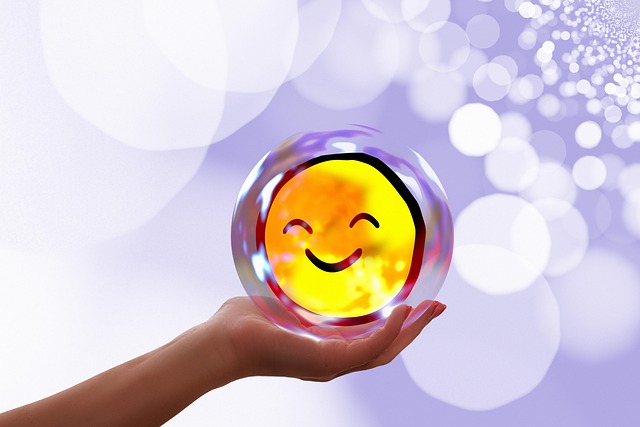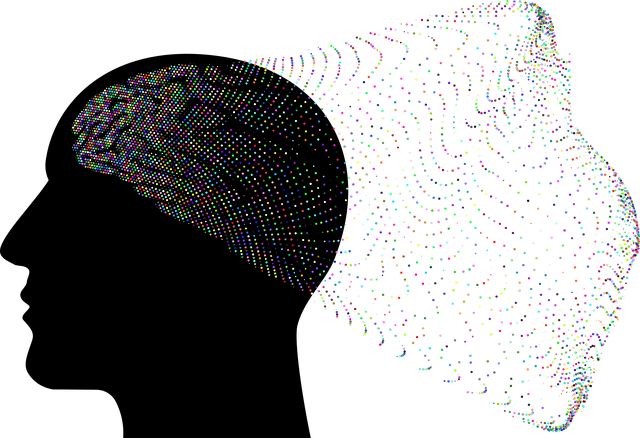Centennial Adjustment Disorder (CAD) is a mental health condition marked by difficulties adjusting to everyday demands, leading to persistent stress, anxiety, or depression. Therapy, notably cognitive-behavioral therapy (CBT), is key in managing CAD by teaching coping skills, challenging negative thoughts, and developing stress management techniques. Additional holistic approaches include Mental Wellness Journaling, Exercise Guidance, yoga, meditation, and mindfulness, which reduce stress hormones and promote emotional balance. Lifestyle changes such as regular physical activity, improved sleep hygiene, and social connections also effectively manage stress. Building resilience through Centennial Adjustment Disorder Therapy (CADT) and coaching programs helps individuals process past traumas and adapt to challenges, fostering long-term mental wellness.
Stress reduction is essential for maintaining mental health, especially considering conditions like Centennial Adjustment Disorder (CAD). This article explores various methods to combat stress, from traditional therapy approaches and alternative practices to lifestyle changes. We delve into understanding CAD’s impact on mental well-being and provide long-term strategies to build resilience. By combining evidence-based therapy with holistic practices, individuals can effectively manage stress and lead calmer lives. Discover practical tips for improving your mental health through Centennial Adjustment Disorder therapy and beyond.
- Understanding Centennial Adjustment Disorder and Its Impact on Mental Health
- Traditional Therapy Approaches for Stress Reduction
- Alternative and Complementary Practices for Relaxation
- Lifestyle Changes to Minimize Chronic Stress
- Building Resilience: Long-term Strategies for a Calmer Mind
Understanding Centennial Adjustment Disorder and Its Impact on Mental Health

Centennial Adjustment Disorder (CAD) is a condition that can significantly impact an individual’s mental health and overall well-being, particularly in today’s fast-paced world. It refers to the struggle to adjust and cope with everyday demands and changes, leading to persistent feelings of stress, anxiety, or depression. This disorder often arises from significant life transitions or traumatic events, affecting one’s ability to manage and process emotions effectively. As a result, individuals may experience difficulties in various areas of their lives, including work, relationships, and personal growth.
Therapy plays a pivotal role in managing CAD by equipping individuals with essential coping skills development. Through different therapeutic approaches, such as cognitive-behavioral therapy (CBT), clients can learn to identify and challenge negative thought patterns and practice positive thinking. CBT also helps individuals develop effective stress management techniques tailored to their unique needs. By addressing underlying issues and providing support, Centennial Adjustment Disorder therapy enables folks to navigate life’s challenges more resiliently, fostering a sense of calm and enhancing overall mental health.
Traditional Therapy Approaches for Stress Reduction

In addressing stress reduction, traditional therapy approaches play a pivotal role. Centennial Adjustment Disorder Therapy (CADT), for instance, focuses on helping individuals manage and overcome significant life stressors that might have led to emotional or behavioral difficulties. This therapeutic method encourages clients to explore their thoughts and feelings about these stressors, fostering better coping mechanisms. By delving into the root causes of stress, CADT aids in developing personalized strategies for emotional regulation, a key aspect in maintaining mental wellness.
Complementing these therapy approaches are practices like Mental Wellness Journaling and Exercise Guidance. Journaling allows individuals to express their thoughts and feelings, providing a safe space for self-reflection. Regular physical activity, guided by professional exercise advice, has been shown to reduce stress hormones and improve mood, thereby preventing issues like depression. Together with psychotherapy techniques, these strategies offer holistic solutions for managing stress effectively, promoting overall emotional balance.
Alternative and Complementary Practices for Relaxation

In addition to traditional therapy approaches like Centennial Adjustment Disorder Therapy, there exists a realm of alternative and complementary practices that can significantly enhance relaxation and stress management. These methods often cater to an individual’s holistic well-being, recognizing the intricate connection between physical, mental, and emotional health. Practices such as yoga, meditation, and mindfulness have gained popularity for their ability to reduce stress hormones and foster a sense of calm. Incorporating these ancient techniques into daily routines can be a game-changer for those seeking to enhance their mental wellness podcast series production and navigate life’s challenges with greater resilience.
Emotional intelligence plays a crucial role in leveraging these alternative practices effectively. By cultivating self-awareness, individuals can better understand their triggers and emotional responses, allowing them to employ strategies like deep breathing exercises or progressive muscle relaxation tailored to specific stress scenarios. This personalized approach, combined with regular practice, empowers folks to take control of their stress management and ultimately contribute to improved overall mental wellness.
Lifestyle Changes to Minimize Chronic Stress

In the pursuit of stress reduction, lifestyle changes are a powerful tool to combat chronic stress and its associated disorders, such as Centennial Adjustment Disorder Therapy (CADT). Simple yet profound shifts in daily habits can significantly impact mental well-being. Incorporating regular physical activity, for instance, has been shown to alleviate anxiety and enhance mood, offering a natural avenue for stress management. Additionally, prioritizing quality sleep through consistent bedtimes and a relaxing bedtime routine allows the mind and body to rejuvenate, fostering resilience against chronic stress.
Mental healthcare professionals emphasize the role of mindfulness practices in managing stress. Techniques like meditation and deep breathing exercises not only promote relaxation but also enhance one’s ability to respond rather than react to stressful situations. Moreover, cultivating strong social connections and engaging in activities that bring joy contribute to a robust mental health awareness and anxiety relief strategy. Cultural sensitivity in mental healthcare practice further underscores the importance of tailoring stress reduction methods to an individual’s unique cultural background and needs.
Building Resilience: Long-term Strategies for a Calmer Mind

Building resilience is a powerful long-term strategy for cultivating a calmer mind and enhancing overall mental wellness. It involves developing coping mechanisms that enable individuals to adapt and bounce back from stressful situations, fostering a sense of stability and equilibrium. This process goes beyond immediate stress reduction; it’s about equipping oneself with tools to navigate life’s challenges over time.
One effective method is Centennial Adjustment Disorder Therapy (CADT), which focuses on helping individuals process past traumas and develop healthier emotional responses. By addressing underlying issues, CADT empowers people to manage stress more effectively. Additionally, engaging in regular mental wellness coaching programs and listening to podcasts dedicated to mental wellness can provide valuable insights and support. These resources offer practical techniques for building resilience, allowing individuals to actively participate in their mental wellness journey and cultivate a calmer, more balanced state of mind.
Stress reduction is a multifaceted journey, and addressing Centennial Adjustment Disorder (CAD) through comprehensive approaches like traditional therapy, alternative practices, lifestyle adjustments, and building resilience can significantly improve mental well-being. By integrating these strategies, individuals can navigate life’s challenges more adaptively, fostering a calmer and more balanced mind. Remember that finding the right combination of methods tailored to one’s needs is key to long-term success in CAD therapy.
